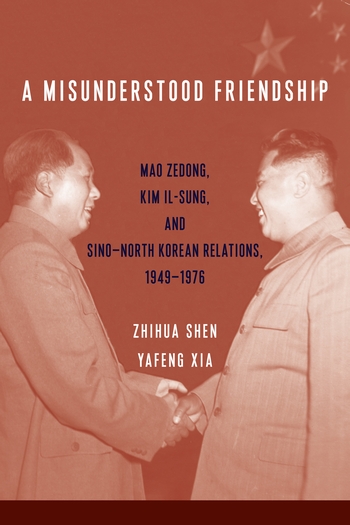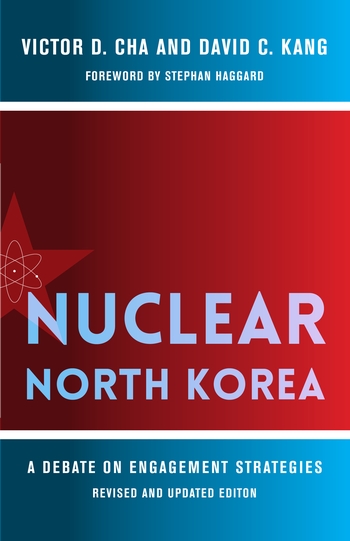North Korea: Analysis from Columbia University Press Authors
A variety of Columbia University Press authors have been asked to comment on recent events in North Korea, including Victor Cha coauthor of Nuclear North Korea: A Debate on Engagement Strategies, who appeared on PBS Newshour to discuss the death of Kim Jong-il and its possible impact on North Korea and the United States.
Meanwhile, Cha’s coauthor David Kang spoke about the legacy of Kim Jong-il on NPR. In the interview, Kang addressed the possibility of a kind of “Arab Spring” happening in North Korea:
We tend to focus in America on the repressive side because there is certainly – it’s a police state. And there are 100, 200,000 people in prison camps. There’s a massive military and police presence. At the same time, as Sandra pointed out, this is the only game in town and so it’s very hard – if you imagine people who maybe unhappy down in a village somewhere, for them to organize and get together and actually engage in an Arab Spring is extremely difficult in North Korea.
So, in many ways I think the idea that there’ll be a popular uprising is really unlikely and what most of us think about is it would be some kind of palace coup or some top-down kind of problems that would eventually lead to an overthrow in North Korea. Not necessarily bottom-up with people taking to the streets.
In an article in the Los Angeles Times Marcus Noland, coauthor of Famine in North Korea: Markets, Aid, and Reform, suggests that Kim Jong-il’s death might mean that we will “enter a period of heightened uncertainty, a possibility of more bad things happening … like another nuclear test, and those could disrupt regional markets.”






